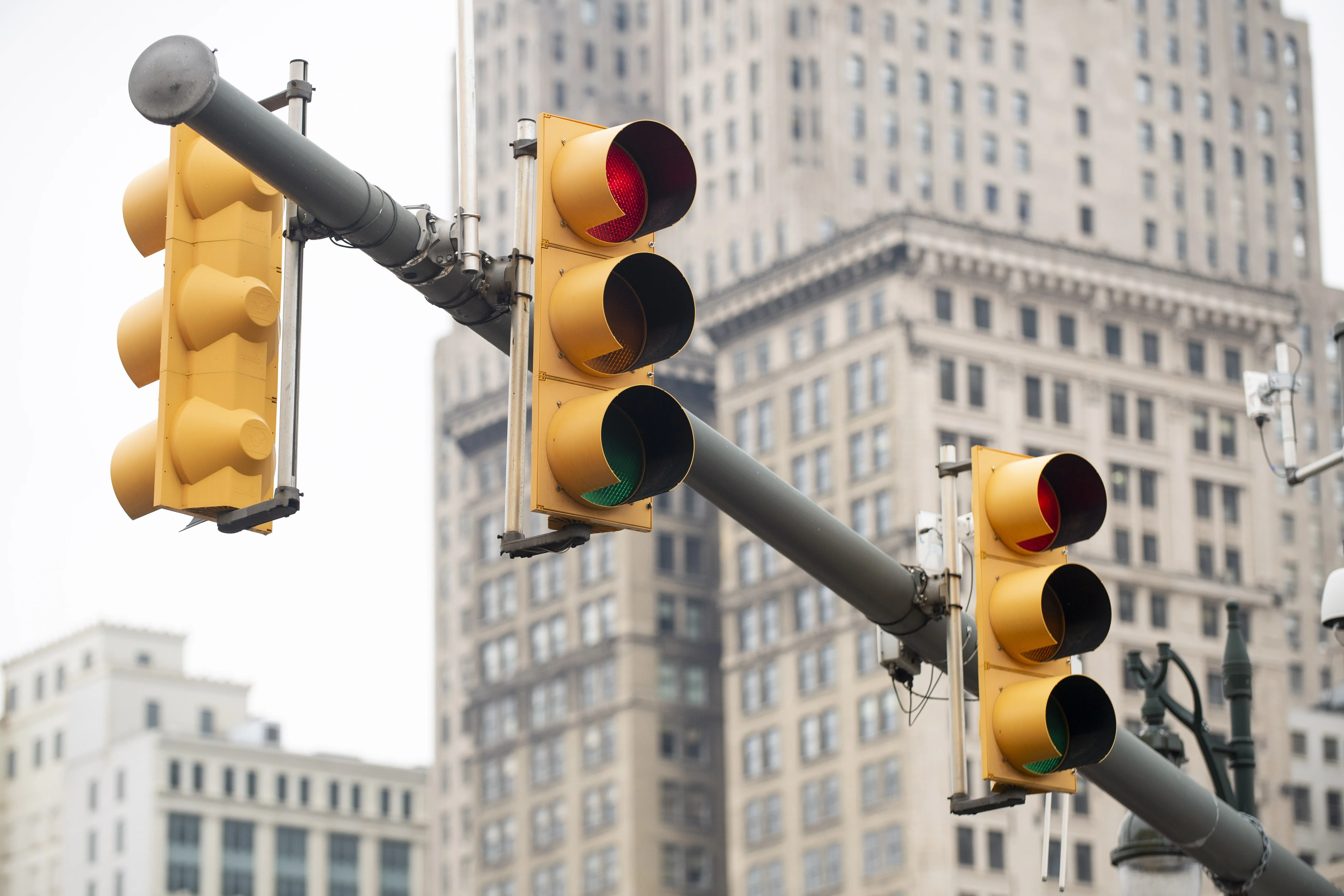
Market intelligence company Fior Markets says the market is expected to grow from $22.3 billion in 2017 to $64.9bn by 2025.
The highest share of the market is in route guidance and optimisation – which Fior defines as smart signalling, route guidance, traffic analytics and ‘smart surveillance’.
The research suggests this had 38.2% of the sector in 2017. Sensors alone were valued at around $8.3bn in the same year.
Incident detection and location systems were the next largest segment, with 29.9% in 2017. This includes urban traffic management, adaptive traffic control and predictive traffic modelling systems.
North America dominates the global traffic management market, with Fior valuing the territory at $9.5 billion – but the report suggests that “Asia Pacific is growing rapidly due to increased urbanisation which has resulted in traffic congestion”.
Fior adds: “Extensive product portfolio and expansion strategies by major players are contributing for the growth of the sector.”
It cites the example of Kapsch TrafficCom and OMV Aktiengesellschaft teaming up to provide a European Electronic Toll Service (EETS) for trucks in 2018.
“The implementation of improved technologies such as cloud-based services is a major factor driving the market,” Fior continues.
“In addition, supportive government actions to modify traffic infrastructure, increasing urbanisation, growing public concern for safety and rising employment further stimulates the demand for such systems.”
It warns that a lack of standardisation of equipment may obstruct growth but says the use of sensor technologies and the Internet of Things in traffic management may provide a boost.







